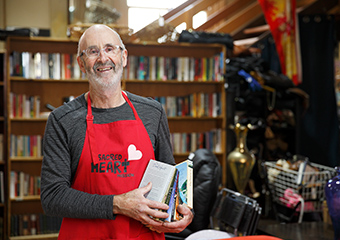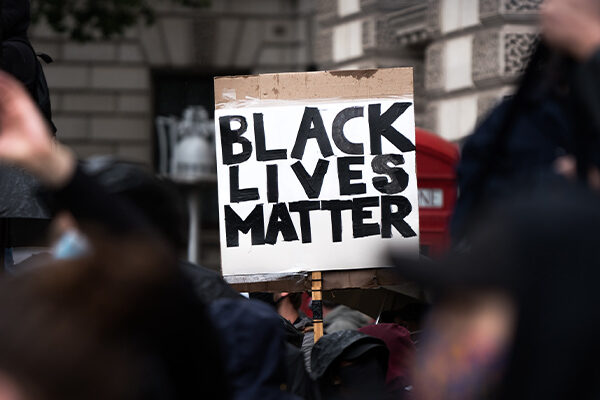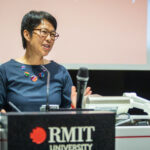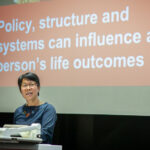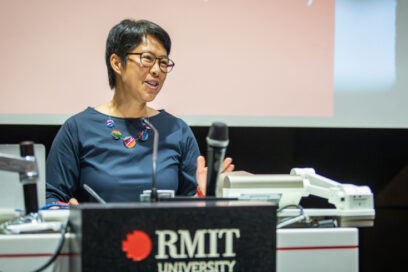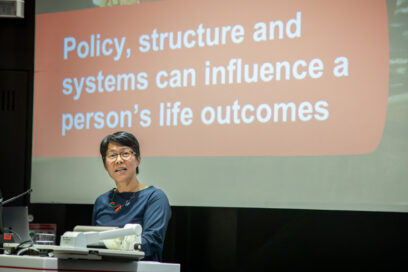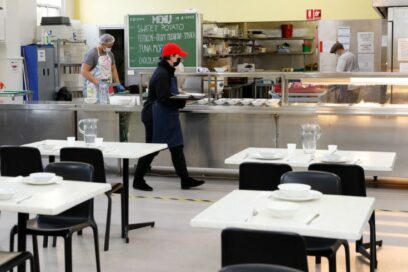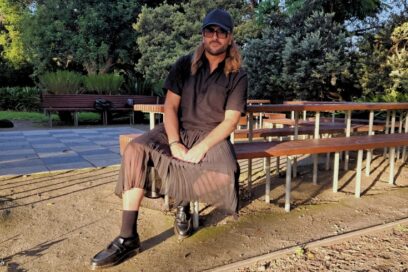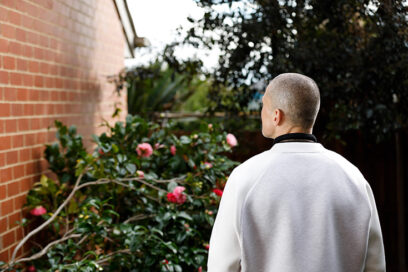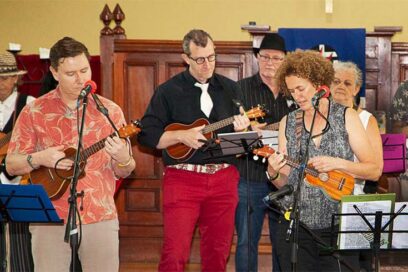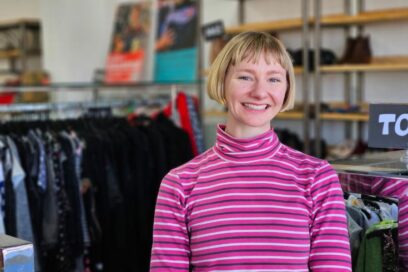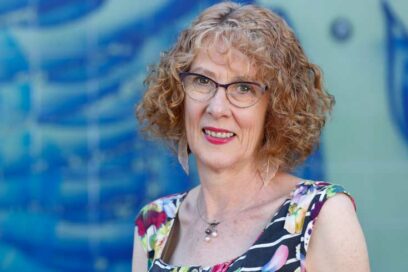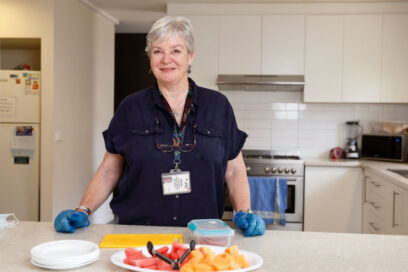The disproportionate rate of incarceration of Aboriginal and Torres Strait Islander peoples in the Australian community, and the associated high rates of deaths in custody of Aboriginal and Torres Strait Islander people are of significant concern to Sacred Heart Mission.
As an organisation working with people experiencing deep disadvantage and homelessness, we see first hand the overrepresentation of Indigenous communities accessing our services, many of whom have had experiences with the justice system, including periods in prison.
Our Reaching the Right People report in 2018 indicated 10 per cent of Sacred Heart Mission clients identify as Aboriginal and/or Torres Strait Islander; much higher than the proportion of Aboriginal and Torres Strait Islander Victorians (around 0.9 per cent).
The dispossession and systemic racism faced by Australia’s Indigenous communities due to colonisation has been felt for generations; and is ongoing. However, the recent outrage against police brutality in the United States against African Americans has given rise to a movement known as Black Lives Matter.
Aboriginal and Torres Strait Islander peoples are overrepresented in our justice system
Australia’s horrendous record of treatment of our Indigenous populations, particularly in terms of the justice system, has called on Australians to stand up in solidarity with Aboriginal and Torres Strait Islander people, to highlight the overrepresentation of our Indigenous Australians in the justice system – as well as other areas of disadvantage – is completely unacceptable in modern Australia.
After the Royal Commission into Aboriginal Deaths in Custody (RCIADIC) in 1991, a report set out 339 clear recommendations on how to reduce disadvantage and rates of imprisonment of Indigenous peoples, and improve community safety. Yet in the almost 30 years since the report was delivered, we have seen a marked increase in incarceration of Indigenous Australians, at around 13 times the rate of non-Indigenous peoples; and this is even higher for juvenile offenders. Aboriginal deaths in custody have increased since 1991, in part due to the increasing numbers of Aboriginal and Torres Strait Islander peoples in Australia’s prisons, who now comprise 27 per cent of the prison population, but only 3.3 per cent of the Australian population.
Health and wellbeing is another deeply concerning area. Aboriginal and Torres Strait Islander peoples are experiencing increasing amounts of violence – particularly family violence, and higher rates of associated hospitalisations, especially for women and children. Recently, the Coroner’s Court in Victoria found Indigenous peoples are twice as likely to die by suicide than non-Indigenous people, a shocking statistic that desperately needs to be addressed.
Changing the record for our Aboriginal communities
Sacred Heart Mission supports the Change the Record campaign, a coalition of leading Aboriginal and Torres Strait Islander, human rights, legal and community organisations calling for change to the problem of over incarceration of Indigenous communities.
Addressing the underlying causes of crime and violence, especially poverty and disadvantage will make our communities far safer than locking people away in prisons. This is especially the case for young people, first-time offenders and people who commit relatively minor offences. A person’s first contact with the justice system shouldn’t result in imprisonment, especially when they are young. This follows them throughout their life, and means they are more likely to have further contact with the police, and have more difficulty obtaining housing and employment.
The solutions to these challenges are best solved by the communities affected most. It is vital Aboriginal and Torres Strait Islander local communities are an integral part of local solutions, and programs are developed and implemented in a culturally safe and responsive way by Aboriginal community controlled organisations. We need to change the way police and the courts interact with already marginalised and disadvantaged communities, to ensure they do not exacerbate the situation. Building trust, promoting safety and developing strong communities is essential in reducing crime and keeping people out of the justice system.
We urge members of our community to sign up to campaigns like Change the Record that seek to address the incarceration rates for Indigenous communities and provide real solutions to government.
It is our responsibility to call out racism, discrimination and bigotry
At Sacred Heart Mission, we are committed to providing a welcoming, inclusive and culturally safe environment to all members of our community. We have formalised this commitment through our second Reconciliation Action Plan (2019-2021), and are focused on the ongoing process of continuous improvement in ensuring we provide culturally safe services.
It is our responsibility, as members of the Australian and global communities to recognise and call out racism, discrimination and all forms of bigotry in our daily lives.
Black Lives do Matter.
This does not mean that all lives don’t matter – but it is the lives of Australia’s Indigenous communities that are being cut short, controlled and curtailed when they become involved with the justice system – whether that is an arrest, community order or a prison sentence.
We, as caring citizens, must advocate for members of our communities whose voices are often silenced; and to facilitate opportunities for their voices to be heard and listened to in a meaningful way; and for real change to be achieved.
